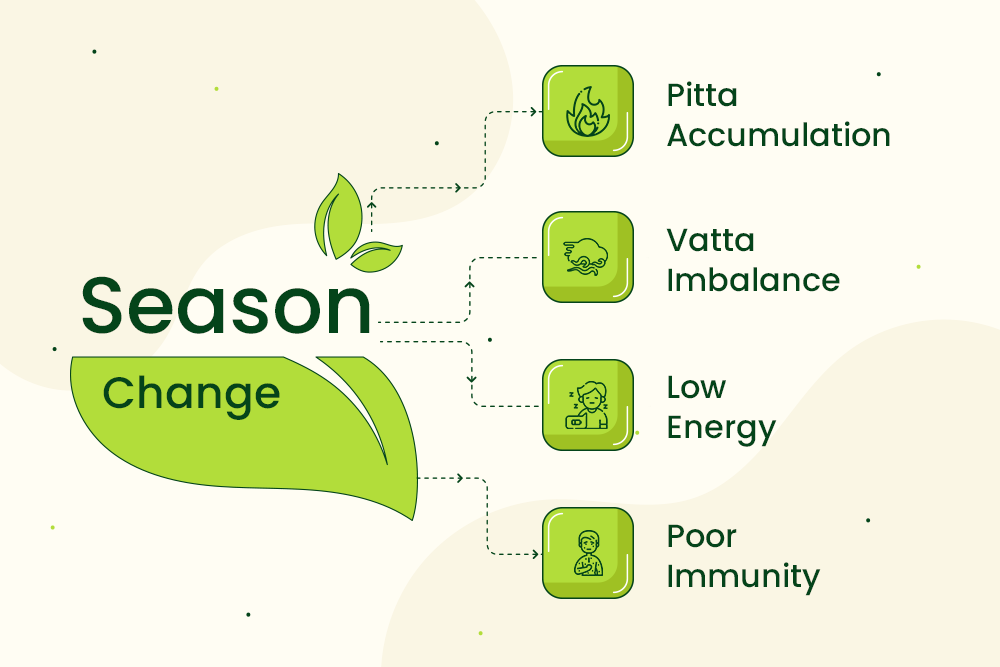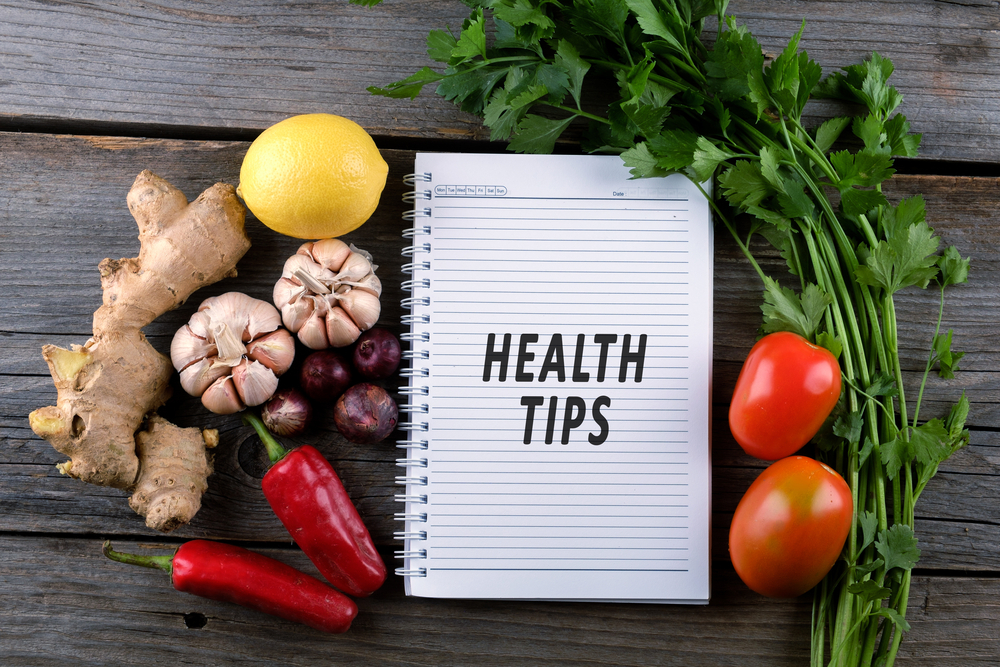As per the World Health Organization, the risk of getting infected in the monsoon season is 4 times higher than usual. The damp humid season is a good breeding ground for many micro-organisms. Most of the monsoon diseases are undetectable till the very end leading the body towards incurable illnesses.
Monsoon can be an extremely difficult time for people suffering from chronic joint disorders, digestive problems like irritable bowel syndrome, constipation, hyperacidity, people with lowered immunity, and liver problems. People with poor digestion are the worst hit during the rainy season, purely because of their incorrect eating habits and inappropriate diet. This is why I always recommend my patients to follow Ayurveda seasonal regimen for maintaining the dosha balance and health especially during the transition phase from summer to monsoon.

Many believe that alteration in diet due to season change is an irrelevant requirement however, to be honest, alteration in one’s diet is extremely essential. In fact, consulting a professional before meddling with your diet is imperative. Let’s see why.
According to the Ayurveda principle of Dosha 一 every animal, human being, and living being constitute Vatta, Pitta, & Kapha Dosha. The levels of these doshas vary with the change in season, especially due to specific characteristics of the season like hot, cold, humid, dry, etc; this, in turn, affects the state of Agni or the digestive fire.
With every coming season, one of the doshas attains its peak level, eg – There is an excess of pitta dosha in Sharad Ritu (October), Kapha dosha attains its peak in Vasant Ritu and Vata dosha is dominant in Varsha Ritu or monsoon season. These dosha levels, if left untreated, tend to cause dosha-specific problems in the near future. Ayurveda, therefore, suggests seasonal panchakarma, which helps to expel the vitiated dosha of the season and attains the Dosha equilibrium. This dosha equilibrium is well achieved and maintained, only if necessary dietary modifications 一 according to prevailing season 一 are done along with the panchakarma therapies.
People might not be aware of the fact that with the onset of monsoon, Pitta starts accumulating in the body and Vata dosha gets vitiated, at the same time the digestive fire (Jatharagni) is weakened due to the dampness and cooling effect of the rain showers.
The cumulative effect of this deranged Dosha and Agni level causes people to suffer from indigestion, decreased immunity, reduced body strength, hyperacidity, urticaria, and joint pain. Hence, for the same reason, I always suggest my patients to change their diet as per the prevailing season. One needs to consult an Ayurveda doctor before making any changes in one’s food as every individual has a different body type, daily routine, work schedule, and dhatu status.
Monsoon Diet Tips

Please note that all the tips mentioned below are generic. You must consult a doctor before altering your diet.
- Increase the ghee content in your food as it pacifies Pitta in your body, and simultaneously overcomes the excessive dryness due to Vata. All this prevents the occurrence of Vata disorders. It also helps in improving digestion, boosts immunity, and enhances memory.
- While choosing everyday staples, do not forget to strike out fermented, preserved, stale, bitter, and astringent food items from your food. Meat, pork, beef, curd, sprouts are heavy to digest and aggravate Vata in the body.
- Dry fruits like dry fig, black currants, almonds, dates as snacks are good for health, pacifies Vata, and also provides the necessary energy.
- Do not buy a lot of leafy vegetables, as leafy vegetables impair digestion, also there are chances of it being contaminated due to water impurities and lack of hygiene. Instead, you can go for all other vegetables like gourds, cauliflower, capsicum, cabbage. Lightly sprouted moong with enough ghee is advisable.
- If you have digestion issues, a teaspoon of honey with food or alone is advisable; as honey reduces the excess moisture content in the body. This helps in regulating digestion and boosts energy.
Note – Honey should never be heated or consumed with hot/warm water or food items.
- As acidity or Vata is a huge problem in the monsoon season, therefore, it is always better to avoid curd. However, you can take Buttermilk tempered with hing, mint leaves, salt, cumin seeds, and much more. It helps in reducing Vata and acidity. Adding some ginger and garlic in food preparation pacifies Vata and kindles digestion.
- During Varsha Ritu, people feel lethargic and low on energy. To solve this problem, you can have warm water or medicated tea every morning with tulsi, Yashtimadhu, pepper, cinnamon, dry ginger, jaggery, and lemongrass. It will give you instant energy and boost your immune system.
- Moong dal is the easiest to digest of all pulses. Black gram or Urad dal increases Vata and Kapha dosha respectively. Although soup made of gram and other pulses tempered with ginger, garlic, and lots of ghee is advisable. Thus, select your pulses and cereals keeping in mind your and your family’s body type.
- Add cumin seeds, coriander, ginger, and mustard to your pulses and sauteed salads for easy digestion. Avoid eating raw pulses and salads.
- Sleeping right after having your dinner is a no-no in Ayurveda. Please regulate your sleeping routine as per your eating habit. Give your body at least two hours of a break before going to bed.
- Since monsoon doesn’t allow you to walk or perform exercises in the open air, you can always switch to Yoga to keep your body active during the day. Everyday exercises are known to increase one’s digestion system and boost immunity.
- With monsoon and its dampness are borne numerous microbes and airborne diseases, it is advised to purify the air with medicated smoke containing dhoop, camphor, and guggul.
- Ayurvedic Dhoompan (smoke inhalation) is advised to prevent cold, cough, and respiratory issues.
Ayurveda’s Suggestion: Panchakarma
During the Varsha Ritu, it’s generally seen that people feel bloated and face indigestion issues. Basti is the recommended panchakarma in the Monsoon. It removes accumulated Vata dosha from the body, which is the cause for the complaints like pain, constipation, numbness, tremors, loss of strength in a particular muscle, indigestion, acidity, skin problems, etc. It is a complete body cleansing ritual done with the help of oil-based remedies, herbal decoction, and massages. Basti as per the Ayurvedic text is a season-based therapy especially suggested for Monsoon.